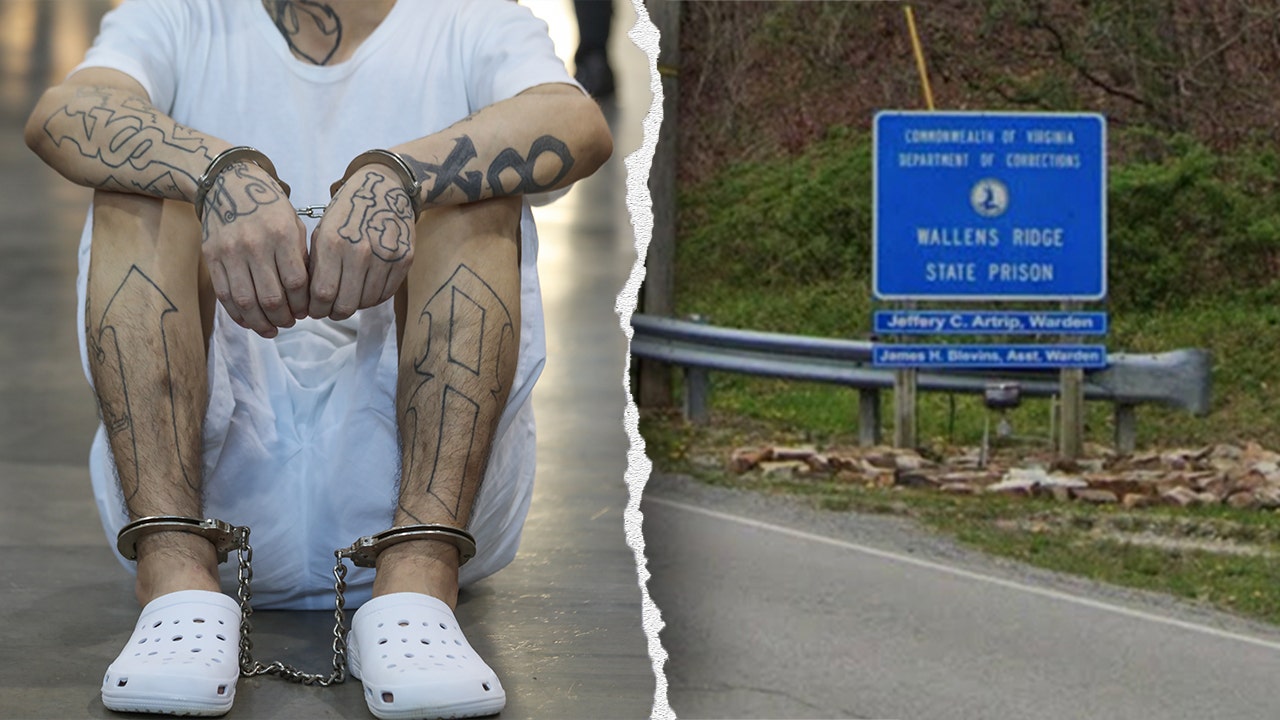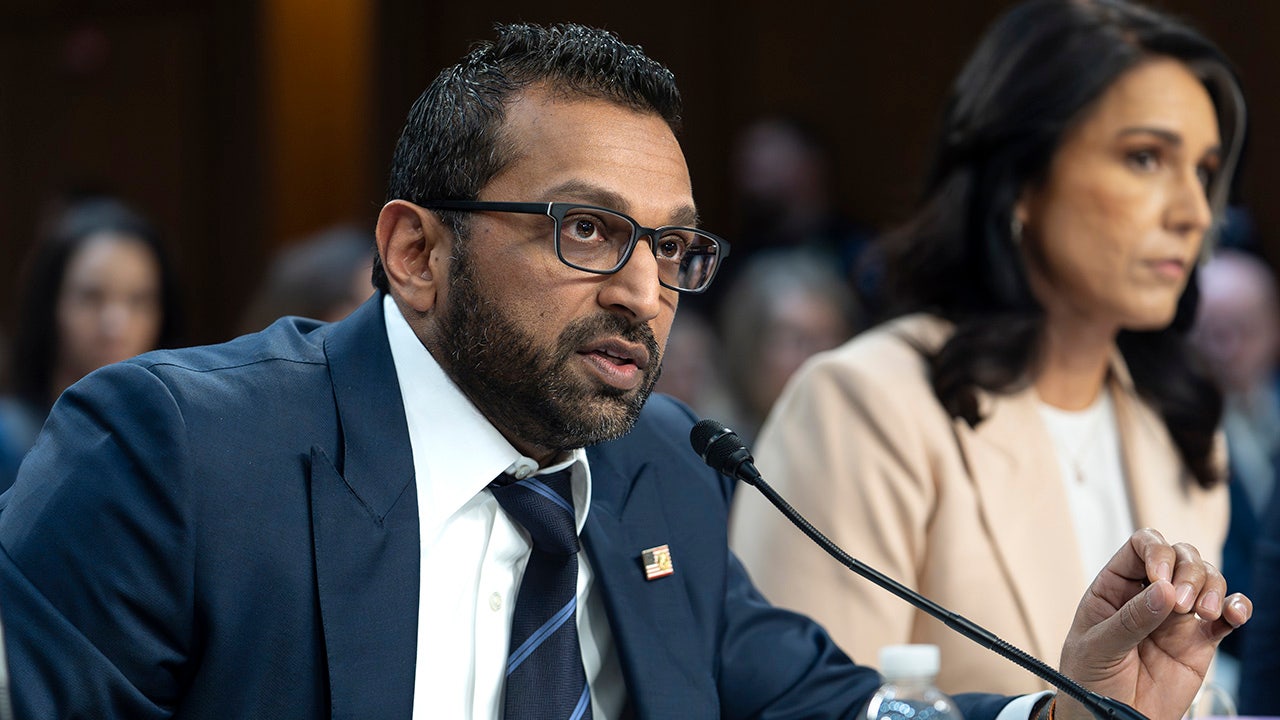As Spain's 2025 tourism season is ramping up in Mallorca, the industry expects another year of record-breaking numbers, but not everyone is happy about it.
The consequences of mass and luxury tourism have caused anger, especially in holiday centres like Mallorca, Barcelona, Valencia, Málaga and Madrid.
While tourist numbers continue to soar, residents on low incomes cannot afford rent.
Hotel operators, bar owners and tourism businesses are preparing for a lucrative summer, as growing discontent simmers in Palma de Mallorca, the capital of the Mediterranean island.
The Balearic Islands, including Mallorca, are projected to surpass 20 million visitors this year - a new milestone for the region.
In 2024, the islands hosted nearly 19 million tourists, up 5% from 2023. Mallorca alone welcomed 13.5 million visitors, despite having fewer than 1 million residents.
Even the conservative regional government's tourism minister, Jaume Bauzá, has acknowledged the strain, warning, "We have reached a limit."
Working yet still poor: Many left behind by the tourism boom
Tourists spent a whopping €22.4 billion (approximately $25.2 billion) on the islands - around 12% more than in the previous year. In Mallorca, tourism accounts for well over 40% of total income.
However, not everyone benefits from this. On the contrary: according to official figures, one in five Balearic residents is considered to be at risk of poverty.
"Misery on Mallorca is spreading rapidly," reads a recent headline in Mallorca Magazin, a German-language weekly newspaper on the island.
There are "more and more shanty towns" popping, it reports, including one next to the tracks of the Sóller train, a historic narrow-gauge railway popular with tourists.
Last year, a report in the Mallorca Zeitung newspaper on the social situation wrote: "Poor despite work: many people in Mallorca have no money left to eat."
Housing shortage, price increase, environmental pollution
In addition to the number of visitors, the number of holiday flats is also growing.
Tenants' associations, environmental groups and other organizations see numerous negative consequences including housing shortages, pollution, congestion and noise, a general price increase and the destruction of nature.
Over the past year, protests against mass tourism have intensified, reflecting growing public discontent. Recently, seven Mallorcan organizations published a fiery open letter urging tourists to stay away.
"Don't come here!" and "Stay at home," the open letter said. Mallorca is "not the paradise you are being sold." The island is "completely overcrowded" and is experiencing "a collapse," it reads.
"The locals are angry and no longer hospitable because the land we love is being destroyed and because many residents have to emigrate because the island has become uninhabitable."
Authorities have many plans - but little action
Again in April, tens of thousands of people took to the streets across Spain - including in Mallorca - to protest against the housing shortage.
Despite repeated promises of improvement from the local government in Palma, meaningful change remains elusive.
Instead, authorities are proposing new regulations that critics say effectively criminalize homelessness. Sleeping in parks is set to be banned, along with overnight stays in caravans.
The latter sparked such strong outrage from campers that Mayor Jaime Martínez was forced to partially retreat, announcing plans to remove the proposed ban on caravans.
Hotel owners deny overcrowding in Mallorca
While concerns over mass tourism continue to grow, the tourism industry is pushing back, warning against jeopardizing a sector that sustains much of the island's economy.
Industry leaders have criticized the Palma government's plans to impose new measures aimed at curbing the negative impacts of overtourism. Among the proposals is an increase in the tourist tax, which could rise to as much as €6 per person per night.
The Mallorca Hoteliers Federation (FEHM) rejects claims that the island is overcrowded. "There is no mass tourism," insists FEHM president Javier Vich.
However, vice president of the Balearic Islands Antoni Costa argues that restrictions are inevitable, stating, "The well-being of residents must be taken into account."
"Mallorca is slowly becoming an expensive island," says Mika Ferrer, head of the Palma Beach Business Association, which advocates for higher standards along the coastline.
"Holidaymakers have limited budgets," Ferrer notes, but adds that rising costs leave hotels and restaurants with little choice but to raise prices.
"We're certainly not willing to compromise on quality," he says.
New security measures target party tourism in Mallorca
When Mallorca's 2025 tourism season kicked off over the Easter holidays, approximately 94% of hotels affiliated with Palma Beach had reopened, with "bookings exceeding 80%," according to Ferrer.
Ferrer voiced strong support for a new security initiative recently introduced by Palma Mayor Jaime Martínez. The plan targets "booze tourism" - a term used locally to describe unruly, alcohol-fuelled holidaymakers - and aims to restore order to some of the island's most chaotic tourist zones.
Funded by €3 million in tourist tax revenue, the plan includes expanding Palma's local police force to 275 officers and deploying eight new patrol cars and surveillance cameras in hotspots known for disruptive partying by tourists.
"The goal is to provide 24/7 security," says Mayor Martínez, emphasizing his determination to avoid a repeat of the "excesses of recent years."
Despite the renewed efforts, many locals remain sceptical. Similar pledges have been made in previous seasons, often with underwhelming results.
"Don't come here!" A fiery open letter recently urged tourists looking to visit Mallorca to stay away, as the Spanish island struggles with overcrowding, soaring housing costs and pollution. Hotel owners, meanwhile, insist that things aren't that bad. Clara Margais/dpa
Local authorities plan to crack down on booze tourism in Palma de Mallorca by ramping up the police force and deploying additional patrol cars and surveillance cameras. Clara Margais/dpa
.png)
 German (DE)
German (DE)  English (US)
English (US)  Spanish (ES)
Spanish (ES)  French (FR)
French (FR)  Hindi (IN)
Hindi (IN)  Italian (IT)
Italian (IT)  Russian (RU)
Russian (RU)  7 hours ago
1
7 hours ago
1











Comments